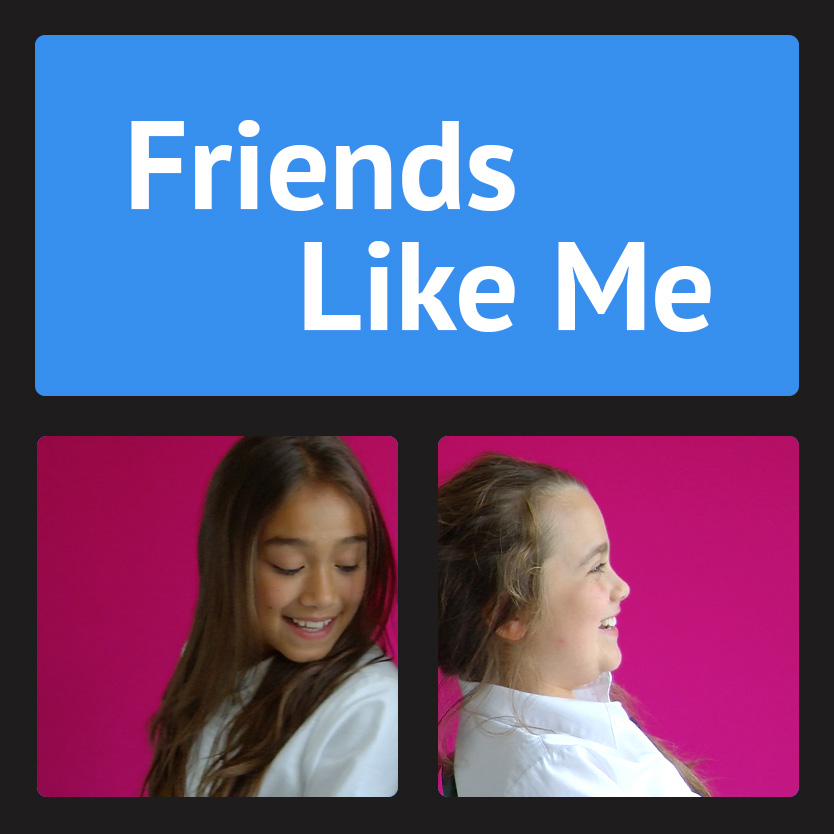Do we underestimate the pressure of self-documentation?
A few weeks after writing my last blog post: “Why do we judge girls for imitating tropes of female sexuality?” I went back into my ever-growing video library to listen to what other girls had to say about body image and beauty standards. Listening to them reflecting on how the media portrays women got me thinking: had I underestimated the pressure that continual self-documentation creates?Especially for girls?
In my last post, I recounted an incident where I was with a group of parents watching teenage girls taking selfies. I joined in with the other parents, rolling my eyes and making judgemental comments – and have been thinking about my reaction ever since. It has been bothering me.
As I think about it now, I realize that I was doing exactly what the girls were doing: surrendering – even if only temporarily – to the dynamic of the peer group [be it adult or teen]. And then it occurred to me: the real shift only happens when you confront yourself. It’s almost as if I needed to “catch myself in the act” before I could fully appreciate what a deep hold cultural stereotypes have on us all. We, as parents, had effectively boiled the girls’ behavior down to superficial teen stereotypes and reacted from a place of little understanding and even less empathy. The girls, on the other hand, re-enacted “female” stereotypes for the camera in a bid to belong to their respective social groups. We couldn’t have been further apart. There we were, parents and children – a chasm between us.
So again, I’m asking: what kind of pressure does continual documentation create, in particular, for girls who are trying hard to live up to mainstream beauty standards? I found a lot of video material in my library but, for this post, I’ve chosen a clip of JP who shares her experience of growing up surrounded by a relentless barrage of airbrushed images. Beauty involves a strict visual vocabulary, she explains: tall, stick thin, tiny waists, flat stomachs and perfect skin. Working hard to be beautiful is culturally valued. The reward is belonging. “Likes”.
JP tells me that at 13, she was relatively new to social media and hadn’t yet seen “the lie.” It was only later, that she realized the beauty standard isn’t real. Even though she no longer buys into the beauty myth, she reflects: “It’s still a conflict within me – whether this stuff should matter to me or not.” I find the honesty and simplicity of her words compelling. And, as an adult woman, I can confirm that even when you know the imagery is NOT real, you can still feel an immense amount of pressure to look thinner, younger, or more beautiful as you grow up and age in our society.
But I don’t have time to change the beauty industry or fight a monolithic culture. The young girls who cross my path are growing up NOW. They need face-to-face, heart to heart conversations with mothers, teachers, mentors, aunts, big sisters, and grandmothers who take the time to acknowledge “the lie” – and all the confusion that comes with it. Because platitudes like: “be the best version of you” simply don’t stand up to the complex experiences on the ground.
We have to meet girls where they are. It’s time to jump across the chasm to their side.
